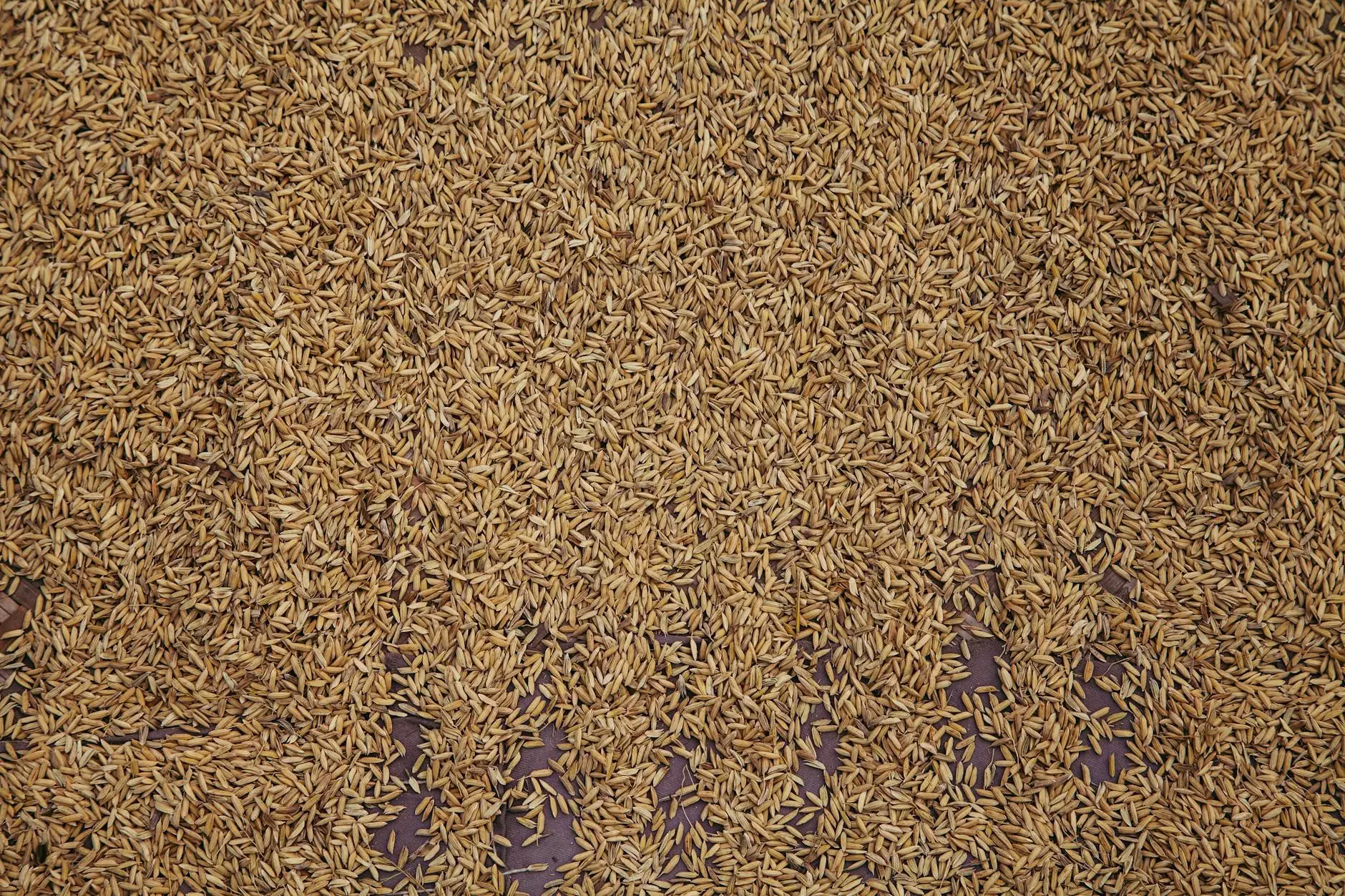The Ultimate Guide to Insecticide for Rice Bug

Introduction to Rice Bug Infestation
Rice bugs are a common pest that can cause significant damage to rice crops if not managed properly. These insects feed on the rice grains, leading to reduced crop yield and quality. Farmers often face challenges in controlling rice bugs effectively.
Understanding the Importance of Insecticide
Insecticide for rice bug plays a crucial role in pest management in farming equipment repair practices. It is essential to choose the right insecticide to combat these pests effectively and minimize crop losses.
Types of Insecticides for Rice Bug
There are different types of insecticides available for controlling rice bugs, including chemical insecticides, biological control agents, and natural remedies. Each type has its advantages and considerations, depending on the specific farming environment.
Chemical Insecticides
Chemical insecticides are commonly used in farming equipment to control rice bug infestations quickly. It is important to follow proper application guidelines and safety precautions when using chemical insecticides to protect crops and the environment.
Biological Control Agents
Biological control agents, such as predatory insects or microbial organisms, offer a more sustainable approach to pest management. These agents can help reduce rice bug populations without harmful effects on the ecosystem.
Natural Remedies
Natural remedies, such as neem oil or garlic spray, provide an organic alternative for controlling rice bugs. These remedies are eco-friendly and safe for farm equipment, offering a chemical-free solution for pest control.
Best Practices for Using Insecticide
When applying insecticide for rice bug control, it is important to consider the following best practices:
- Proper Dosage: Ensure that you apply the correct dosage of insecticide as recommended by the manufacturer.
- Timing: Apply the insecticide at the right time during the crop growth stage to maximize effectiveness.
- Environmental Impact: Consider the environmental impact of insecticide use and choose eco-friendly options whenever possible.
- Monitoring: Regularly monitor rice bug populations to assess the effectiveness of the insecticide and make adjustments as needed.
Conclusion
Effectively managing rice bugs with the right insecticide is essential for maintaining crop productivity and quality in farming equipment. By understanding the types of insecticides available and following best practices for application, farmers can control rice bug infestations and protect their crops successfully.
For more information on insecticide products for rice bug control, visit tsgcinc.com.









